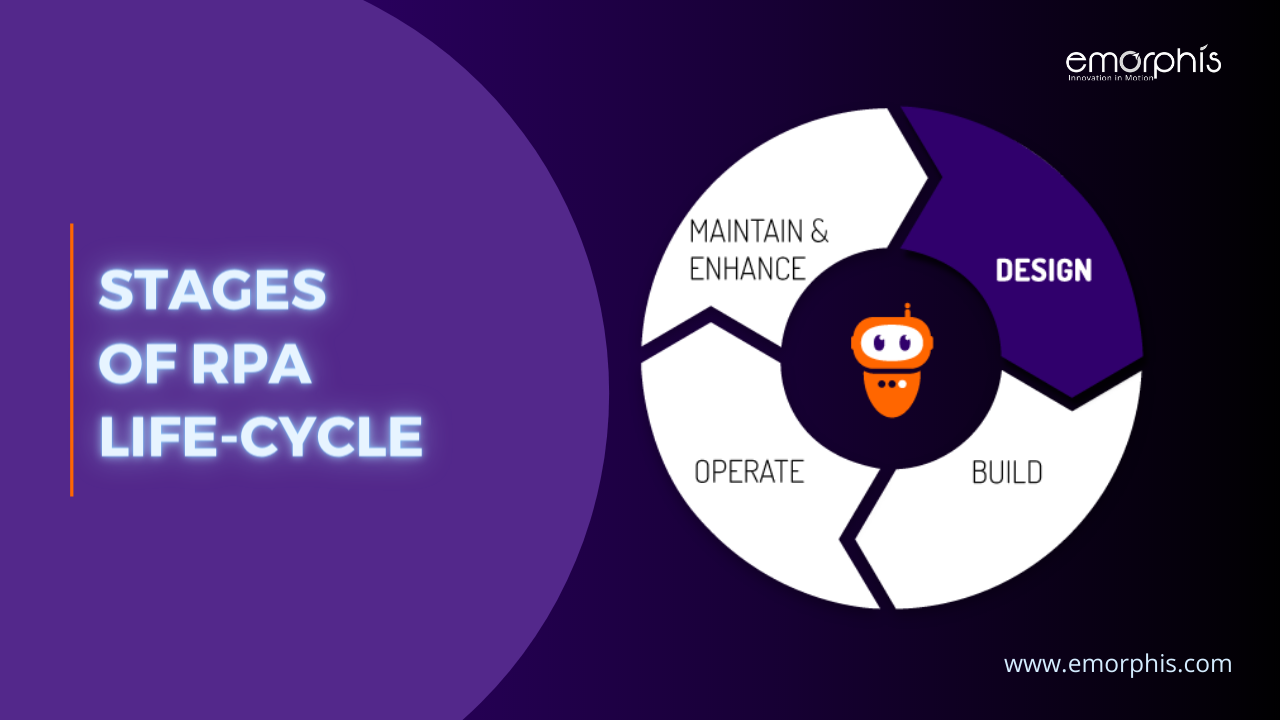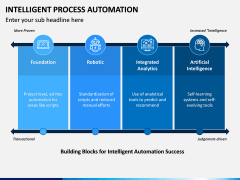

Despite a fair amount of research instruments, until now in the literature no complete set of instruments was found for extensively investigating this comprehensive and multi-dimensional PLC concept extensively. Therefore, a comprehensive and multidimensional PLC concept was developed for research on PLCs its characteristics, the different stages of development and factors that may influence the PLC development, further referred to as ‘steering factors’ (Van Meeuwen et al. To learn more about them and to foster their development, more research is needed that take these complex settings into account.
#Plc process 3 stages professional
Professional Learning Communities in education function in complex and dynamic contexts (Sleegers et al. By participating in PLCs teachers are actively engaged in their own professional learning and that of their colleagues, presumably resulting in the enhancement of their teaching practice, which ultimately may lead to improved students’ achievements. PLCs may provide an environment for working and learning in collaboration with colleagues. Research on professional development has shown that professionalisation is more effective when teachers collaborate, activities take place at the workplace and are integrated into daily practice (Van Veen et al. Many teacher professional development activities are still traditional by nature, directed at the individual teacher and often not situated at the workplace, such as workshops, informative meetings, courses, training sessions (Reynders et al. 30) state that ‘A new culture is needed in schools, in which the teacher acting individually and autonomously is replaced by collegial collaboration in which working, learning, and innovating are integrated.’ One may speak of a culture of collective learning (Castelijns et al. Thus teachers should have a mindset which is not solely aimed at their lessons, but also at contributing to the common ambition of the organisation in collaboration with colleagues (Van Veen et al. Innovation then becomes a collective learning process that takes place within a school environment (Castelijns et al. In such cases the role of the teacher shifts from that of individual actor to that of joint developer and ‘learner’ (Mitchell and Sackney 2010). Research shows that the chances of creating lasting change in education increase when teachers are involved in the early stages of its design (Handelzalts 2009).


The latter by constructing instruments that are considered relevant, recognisable and practical by educational practitioners. This study contributes to the research methodology for investigating PLCs and to bridge the gap between educational research and educational practice. This study yielded indicators for the eleven characteristics of the PLC concept and two context factors, which were subsequently used for selecting and constructing instruments. The operationalisation is founded on relevant literature and on educational practice, the latter by focus groups consisting of educational practitioners. This article describes the first steps of the construction of measuring instruments, suitable to investigate PLCs in the complex school context: a study of the operationalisation of PLC characteristics and influencing factors into attitudinal and behavioural indicators. As a consequence, there is a lack of instruments for extensively investigating PLCs on different levels of development as well as the factors that influence the development. However, in everyday educational (school) contexts studying and supporting the growth of PLCs is a complex endeavour. Fostering the development of Professional Learning communities (PLCs) should be a priority for education because of their capacity to enhance teachers’ professional development.


 0 kommentar(er)
0 kommentar(er)
